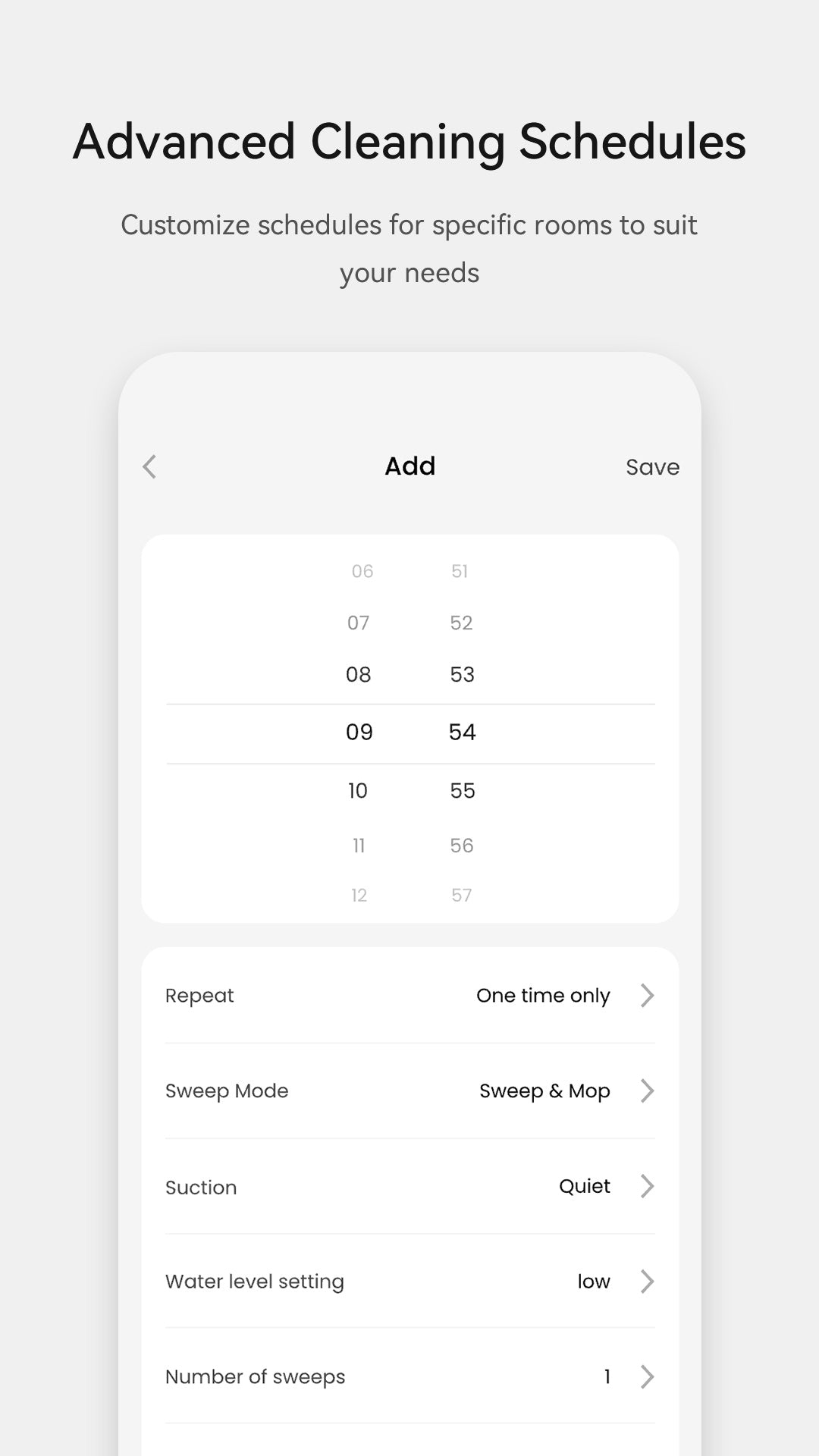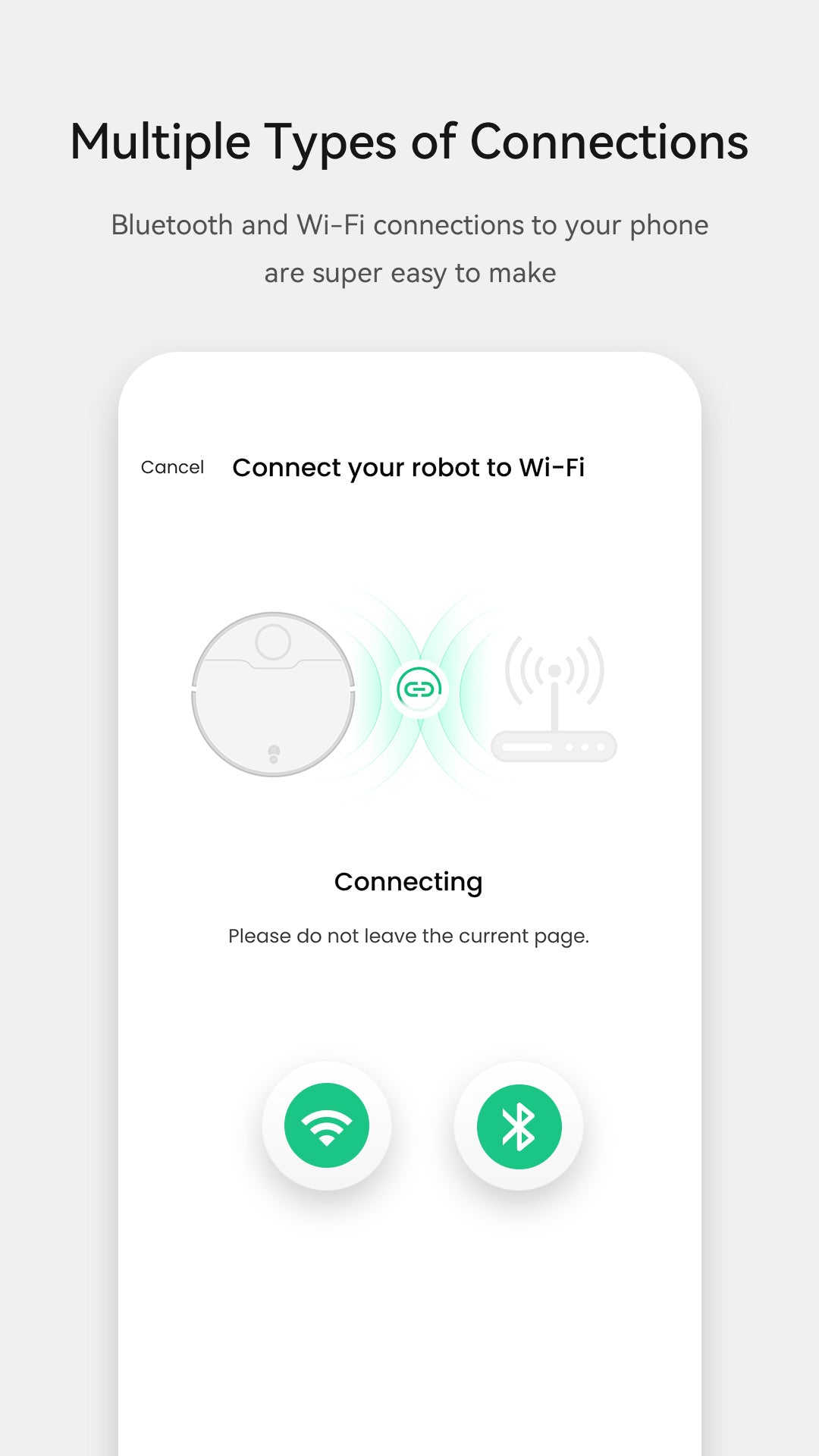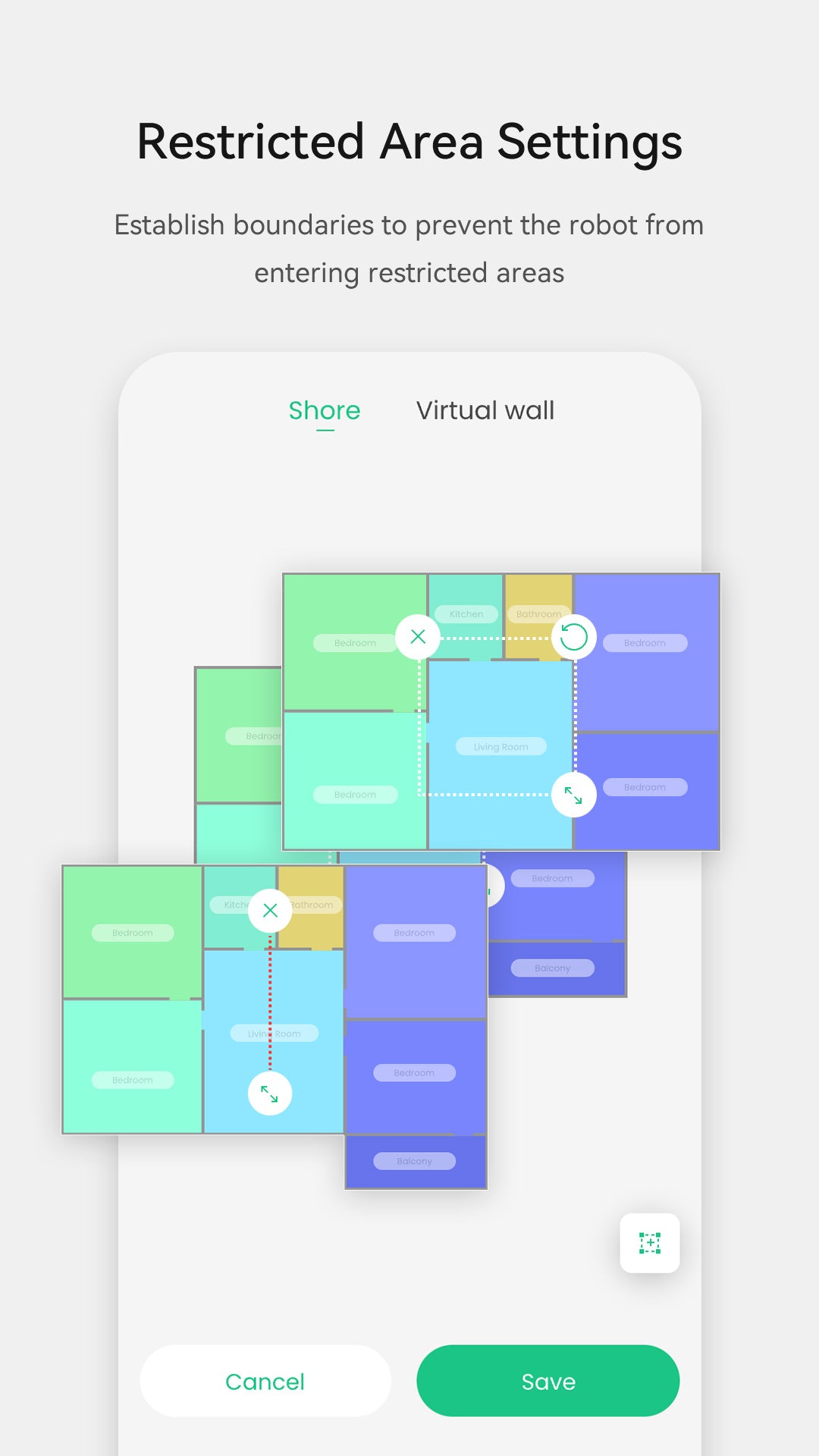
As I navigate through the modern world, it’s hard not to marvel at how technology has transformed our daily lives. One such innovation that stands out is the remote controlled vacuum. These devices not only promise a cleaner home but also raise intriguing questions about their legal and regulatory status. In this article, I’ll explore the unique characteristics of remote controlled vacuums from a legal perspective, shedding light on what makes them both fascinating and complex.
The Intricacies of Remote Controlled Vacuums in Law
Remote controlled vacuums are more than just handy gadgets; they embody a blend of convenience and compliance with various laws and regulations. Generally classified as consumer electronics, these devices must adhere to safety standards set by governing bodies like the FCC in the United States or CE marking in Europe. Additionally, when it comes to international trade, import/export regulations play a crucial role in determining how these products can be transported across borders while ensuring they meet specific safety criteria.
Diving Deeper into Automatic Robot Vacuums and Import/Export Regulations
automatic robot vacuums represent an advanced category within remote controlled vacuums that often come equipped with sophisticated sensors and AI capabilities. When discussing import/export regulations for these high-tech devices, several factors come into play—such as tariffs imposed on electronic goods and compliance with environmental standards like RoHS (Restriction of Hazardous Substances). Manufacturers must ensure that their products meet all necessary documentation requirements before entering foreign markets to avoid costly delays or penalties.
Tuvacs: A Case Study in Import/Export Regulations

Tuvacs exemplify how specific brands navigate the complexities of import/export regulations effectively. As one of the leading names in robotic cleaning solutions, Tuvacs adheres strictly to international guidelines concerning product safety certifications and labeling requirements. Their commitment ensures smooth entry into diverse markets while maintaining consumer trust through transparency regarding materials used—a critical aspect given today’s heightened awareness around sustainability.
Conclusion: Navigating Legal Waters with Remote Controlled Vacuums
In summary, understanding remote controlled vacuums extends beyond their functionality; it encompasses navigating intricate legal frameworks surrounding them—especially regarding import/export regulations. From adhering to safety standards to managing cross-border trade challenges, manufacturers like Tuvacs demonstrate how compliance is integral for success in today’s global marketplace. As we embrace these remarkable innovations that simplify our lives, it’s essential we recognize the underlying structures that allow them to thrive legally.
